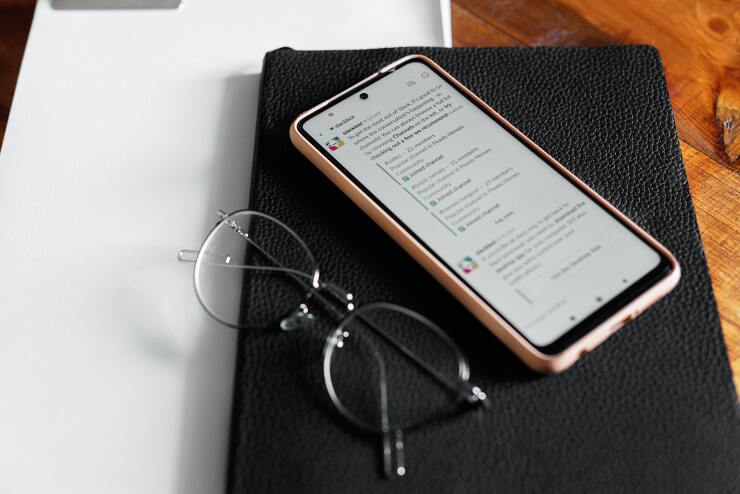With its ability to host different channels and workplace groups, Slack has become one of the world's most popular ways to stay connected with coworkers. But when is it time to end the conversation?
According to
Erik Pham, CEO of online publication HealthCanal.com, has used Slack for three years now to communicate with his fully-remote team, with mostly positive impacts. He's noticed, though, that using the app outside of work hours can make it difficult to fully enjoy his time off.
"For some of us, it has been positive, as we no longer have to commute and can spend more time with our families," Pham says. "However, for others, it has been negative, as we feel like we are always 'on call' and can never truly relax. Even when we are not working, we can easily be notified of new messages and feel pressured to respond."
Read more:
Slack and other work chat apps help improve communication and collaboration, but can also lead to feelings of anxiety or nervousness, some workers say. In March 2020, when the COVID-19 pandemic began, an
That shift in
"I often worry about missing important messages if I'm not checking regularly," Gordon says.
Luckily, there are ways to limit the negative impact that work chat apps can have on our work-life balance. Using a designated work phone or signing off of the apps once the work day is over are just two methods.
Read more:
Brittany Mendez, CMO of trip planning website FloridaPanhandle.com, implements one major step: silencing notifications from the app after work hours.
"When I first started using Slack, I would definitely check my messages more often than I would like to admit when I wasn't at work," Mendez says. "When I started noticing my work life pouring over into my personal life, I decided it was time to set some boundaries for how frequently I checked my messages. For the most part, I silence my notifications when I am at home after hours."
However often employees use Slack or other work chat apps, it's worth noting that everyone needs a break from them. While it can be simple to slip into a routine of checking Slack after hours, even CEOs suggest signing off for the betterment of life outside the nine to five.
"I drew a line by turning off push notifications after work," says Tim White, CEO and founder of MilePro. "I simply had no choice. It was messing up my personal life because I wasn't as engaged or present with my family anymore during dinner and weekend events."






